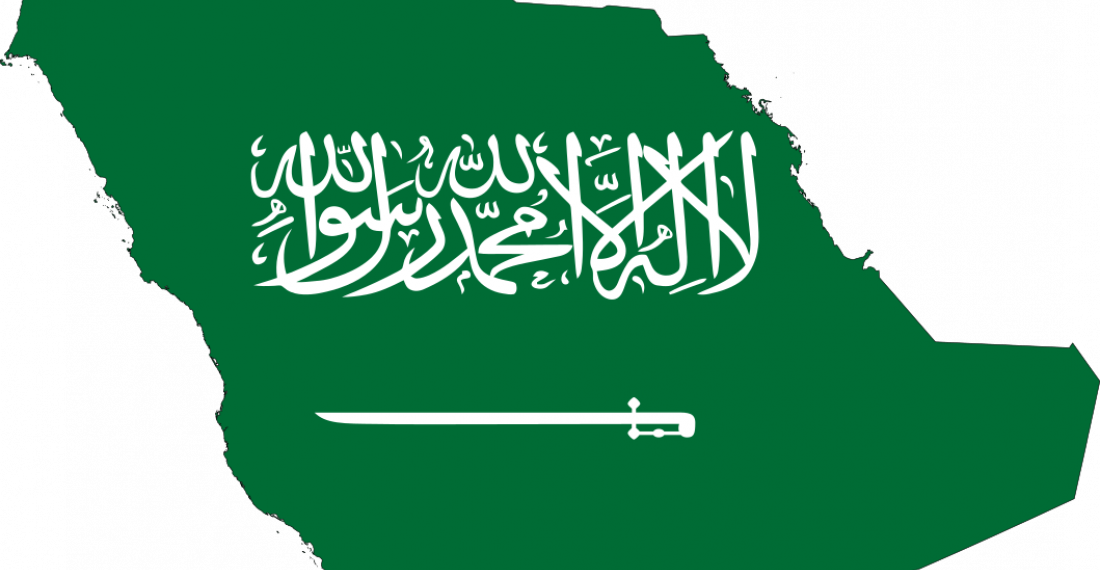Saudi Arabia executed three soldiers on Saturday for treachery and threatening the kingdom's military interests, officials said.
The trio had been found guilty of "the crime of high treason in cooperation with the enemy," according to an official statement carried by Saudi Press Agency, but the statement did not provide details on who the enemy was.
The statement also said the men were convicted in a fair trial by a specialist court, before being sentenced to death by royal order. The Saudi Press Agency reported that the men were soldiers working for the Defense Ministry.
Rights groups, including Amnesty International, have called on Saudi Arabia to abolish the death penalty, citing reports of torture and unfair trials. The kingdom has constantly rebutted such accusations.
Saudi Arabia carried out the third most executions in the world in 2019, after China and Iran, according to Amnesty's data.







